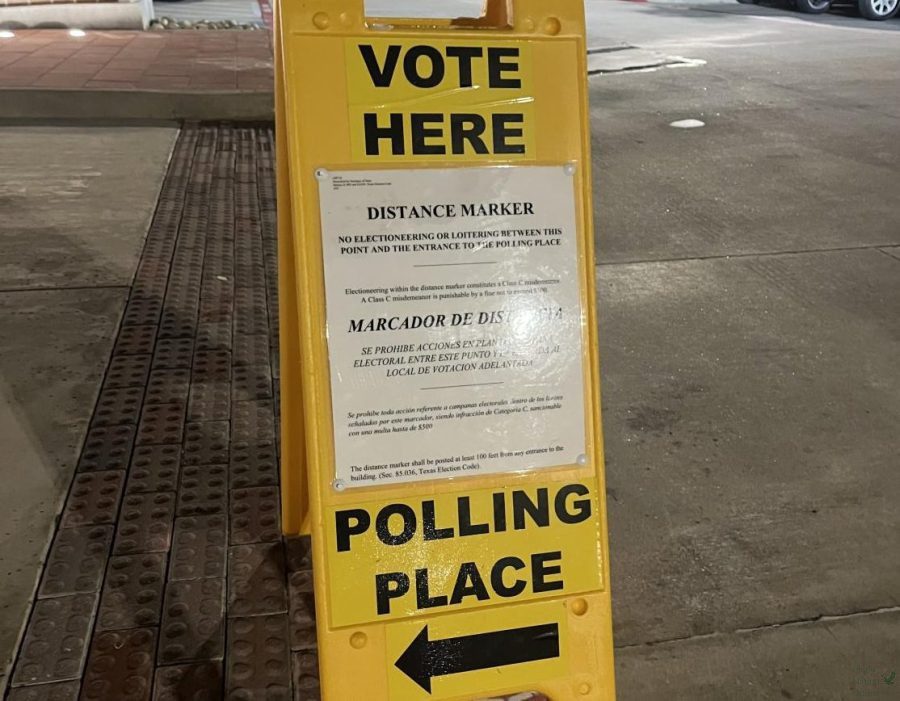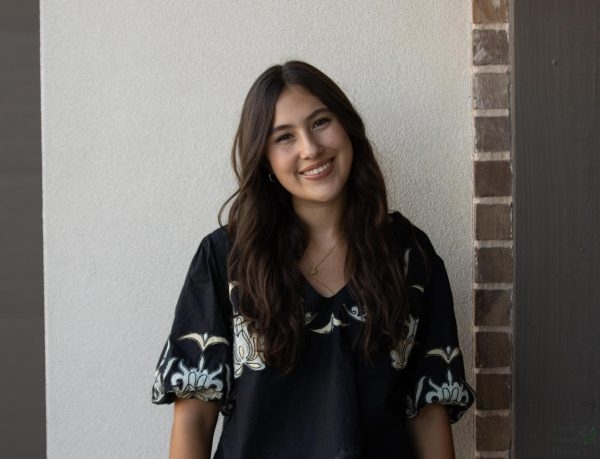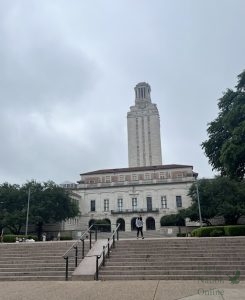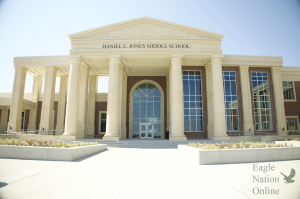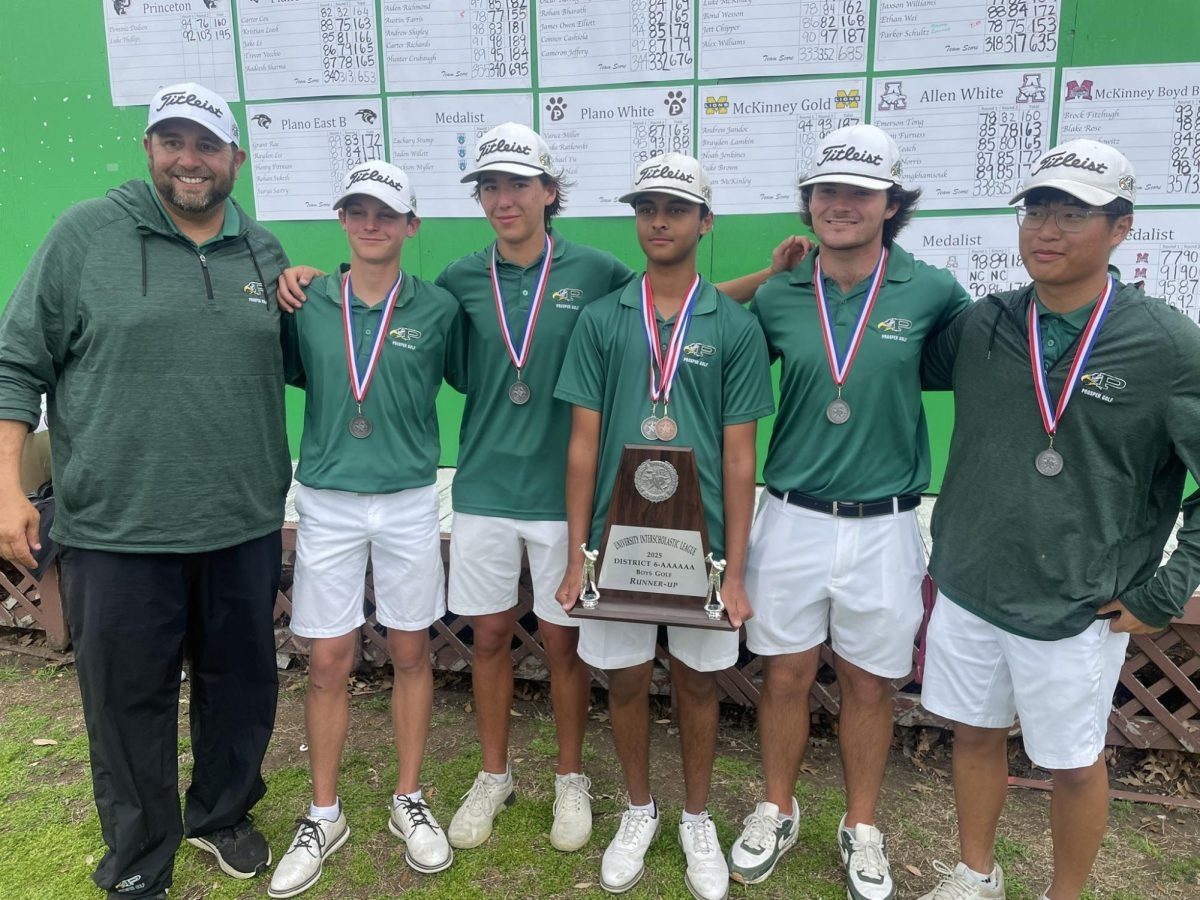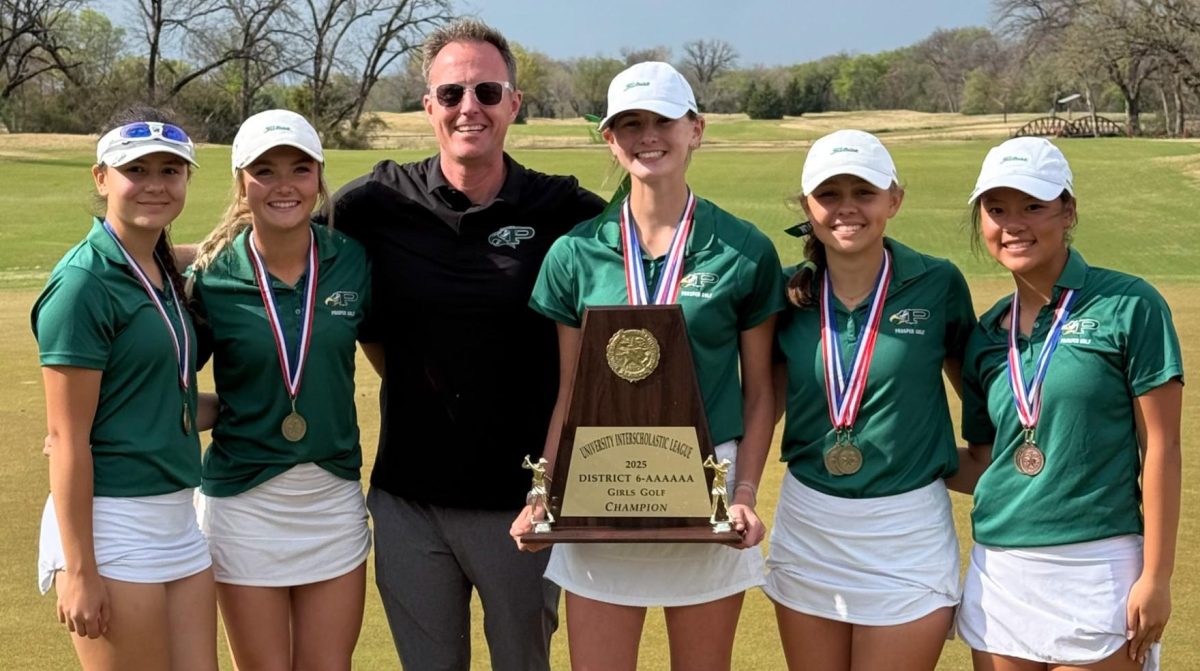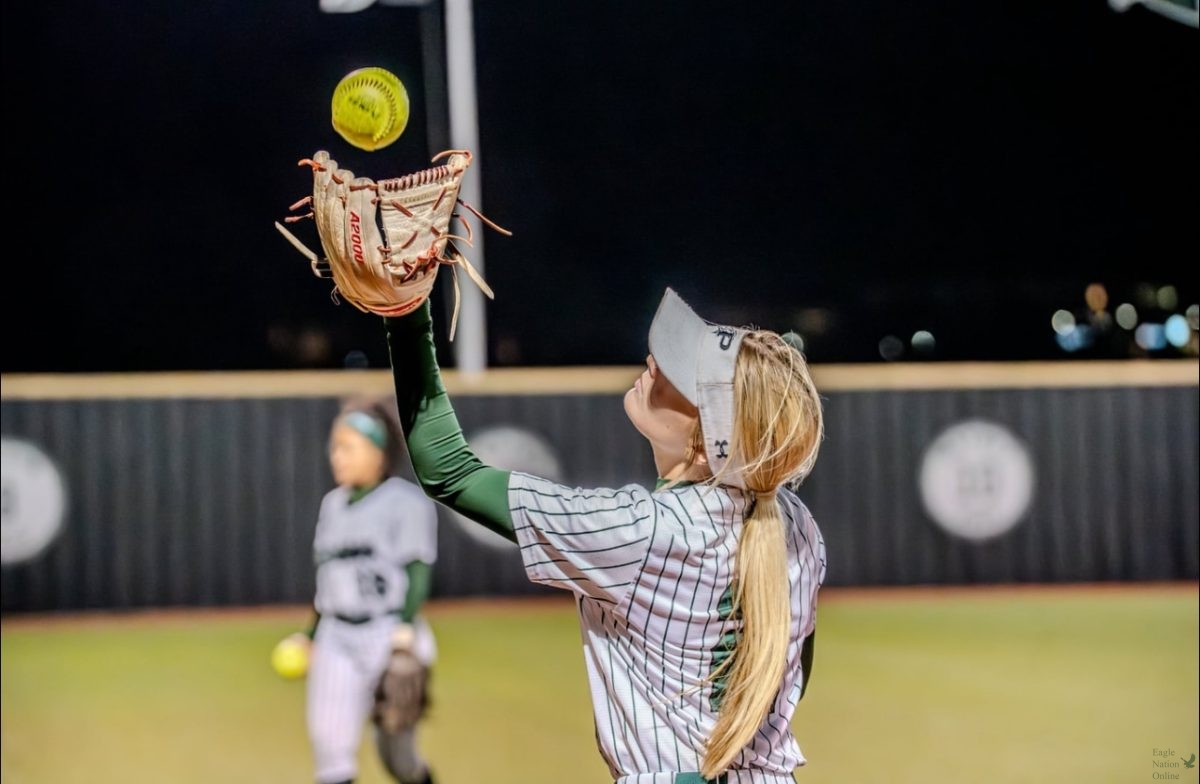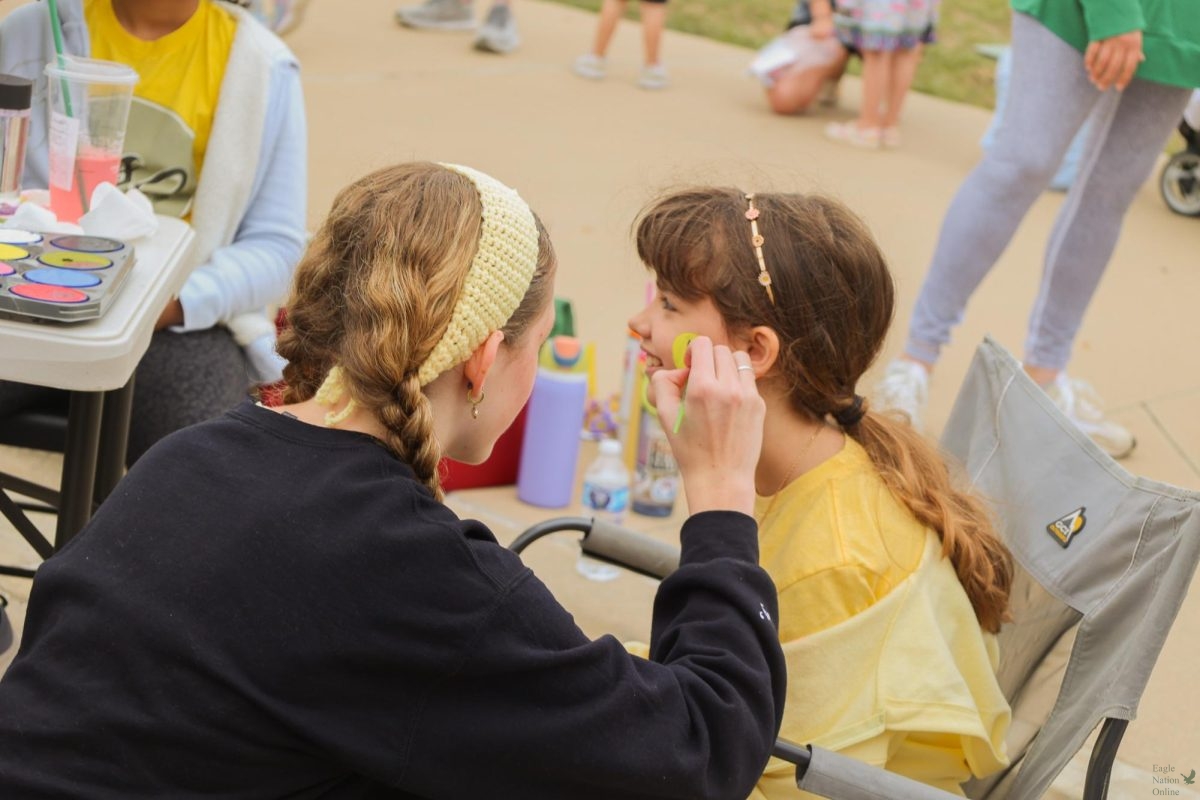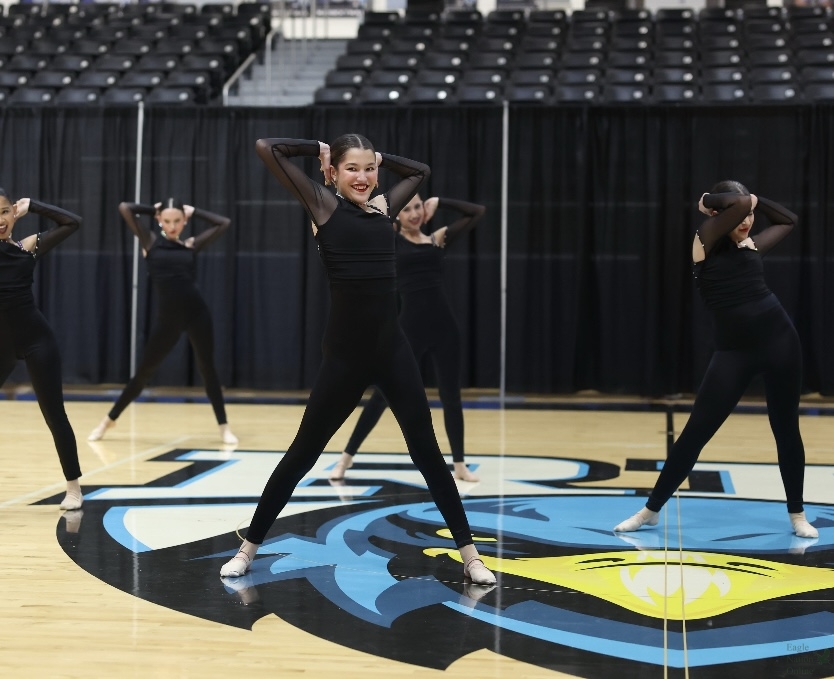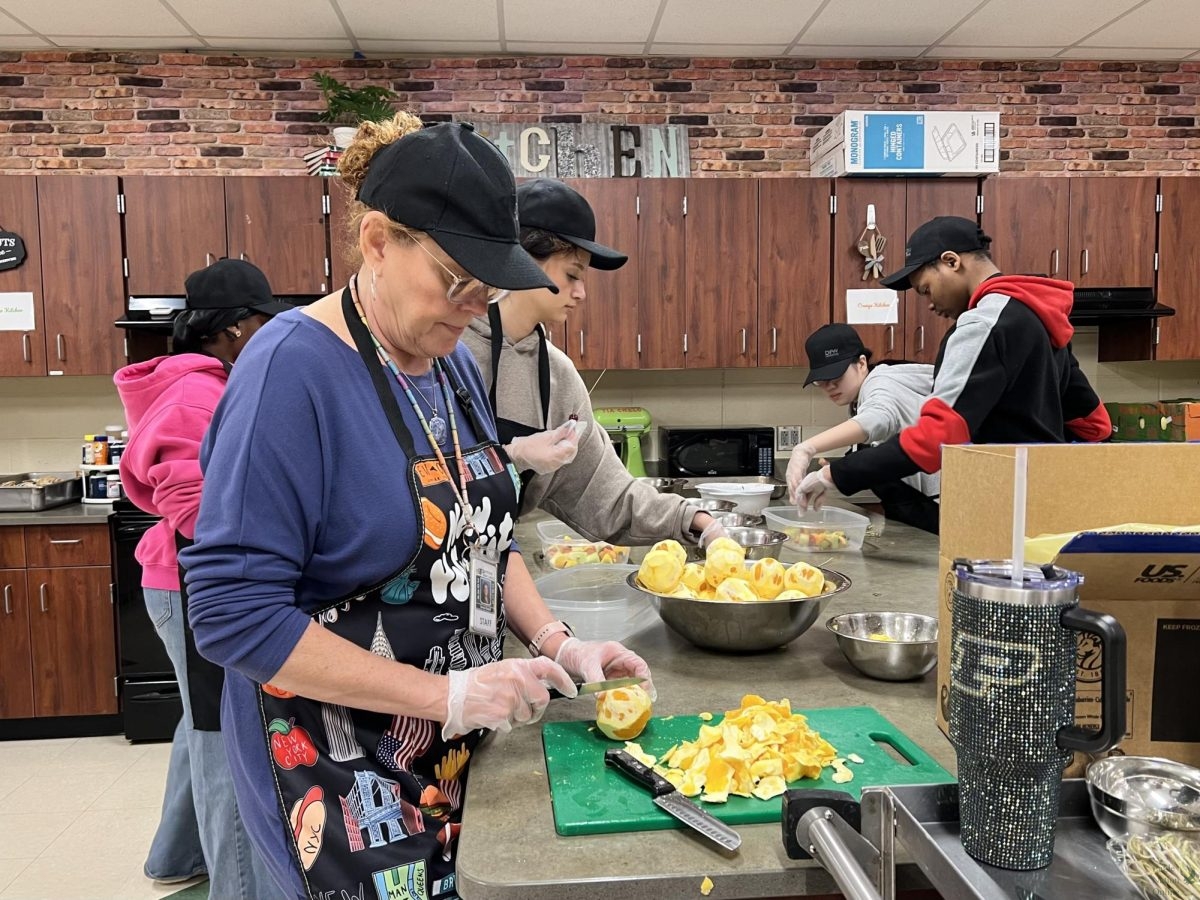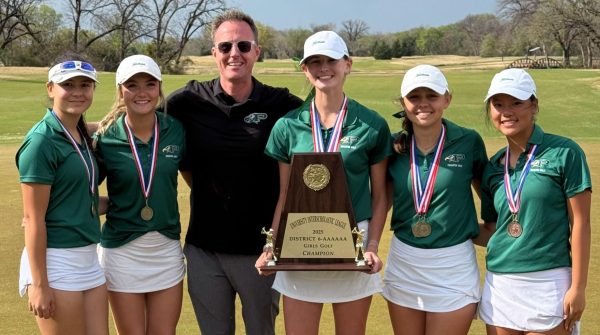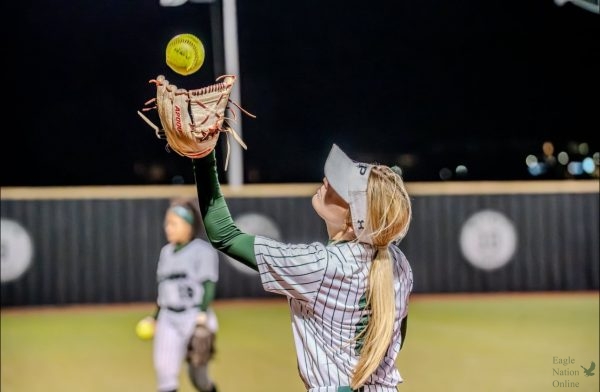Young voices speak up in midterm elections
High school seniors register, vote in Georgia runoff elections
Outside of the Prosper town hall, a sign presents voting directions to community members. The town hall is always converted to a polling location every election. The polling location was open 7 a.m. to 7 p.m.
December 6, 2022
As the final day of Georgia runoff elections approach, this year’s high school seniors said they took advantage of their voting power. The midterm elections on Nov. 8 decided the house representatives, senators, and governors. The Georgia senate runoff election on Dec. 6 will be the last of the midterm results. The issues of abortion, taxes, immigration policy, education reform and inflation claimed hot-topic positions in campaigns, attracting voter activity.
“Voting is the opportunity to express our power of freedom and liberty,” senior Hariz Nawaz said. “It is our opportunity to truly show that the power lies in the hands of the people and not just a select few in power. It is especially important I believe for high school seniors to vote because it is an opportunity to gain knowledge about their country, politics, and personal ideals so that they can truly impact their lives and others.”
After the elections, the Republicans kept hold of the House. The Senate seat gap could change with the Georgia runoff; either keeping the balance or giving Democrats an extra seat. Republicans also lost a governor seat. However, Democrats lost many seats to the Republicans in the house. Greg Abbott also beat Beto O’Rourke and was re-elected as governor of Texas.
“Young voters are notorious for their low turn-out in all elections, whether they are local, state, or national; regardless, even, of a midterm or presidential elections,” English teacher Jonathan Smith said. “Therefore, many of the issues that impact young people do not get the same attention from candidates or elected officials. It seems to be a nasty spiral of apathy: young people don’t show up to vote, so political leaders don’t appeal to or address the issues within the hearts and minds of young voters, so young people feel divested from the whole process.”
In Texas, some students are limited by the implementation of the voter registration deadline a month before voting. Some states like California allowed for voter preregistration as early as 16 years old. In Texas, you must be 17 years old and 10 months to preregister. Some measures have been taken to encourage voter turnout. For instance, transportation companies like Lyft decreased their prices for customers going to and from polling locations. Also, mail-in ballots allowed for voting from home, as long as it is postmarked before the deadline of 7 p.m. on Nov. 8.
“Even with some of the progress youth voters have made in recent years, they are still outperformed by every other age group,” Smith said. “So it only makes strategic sense for candidates and incumbents to focus on issues that matter to those other groups. Young people have brilliant ideas, insightful perspectives, and novel solutions that deserve to be seriously considered, tempered, and tested in the fires of our democratic systems. Voting is one of the ways to affect those changes.”
According to NPR, 27% of voters in the midterm election were between 18-29 years old. This amount compared to past midterm elections showed that this election had one of the highest young voter turnouts.
“I think it is important for 18-year-olds to express their voices and vote because many have opinions that may differ from the older adults around them,” senior Cameron Stulting-Flores said. “Especially in Texas, there is a large difference in political beliefs across generational lines. I believe that it is extremely important for young voters to make the voices of young people heard, so teenagers can have their political beliefs represented in the government as well.”
According to Brookings Institute, the higher young voter registration resulted in the shifting of Republican seats to Democratic seats as the younger population is more likely to align with Democratic views.
“Staying politically involved throughout one’s high school career will afford one the opportunity to acknowledge the dynamic connectivity between various apolitical and political groups,” Smith said. “Students who pursue constructive interactions and discourse with responsible adults, volunteer for various organizations – political or otherwise, will plant the seeds for an unshakable enthusiasm for positive change necessary for the convoluted realities of the political world.”
Many clubs give students the opportunity to stay politically active. Students on the debate team research the latest political developments and write speeches on them to present in competitions. Junior World Affairs council keeps its members knowledgeable on international politics.
“Giving students the careful guidance and agency to grapple with these ideas, and to understand how to navigate within them to discover their own truth is integral to the creation of an informed, involved citizenry,” Smith said. “Students will benefit from this insight by gaining a genuine appreciation for the interactions between their social station and the myriad others, while every other social group will benefit from having to account for the politically awakened youth. Transgenerational dialogues and reckonings across arbitrary social boundaries will more tightly weave the most vaulted virtues of our country into everyday life.”
Many teachers reminded students on election day to go and vote during school hours.
“In a democracy, it is the people who have the power of change,” debate teacher Joshua Baker said. “Admittedly, at times it may not seem that way as fat cats and bureaucrats line their pockets and stall progress, however it is only through the election of qualified, dedicated representatives of the people, that real change can see its full potential.”
The school hosts a booth in the cafeteria for high school students to register to vote. Voter registration this year was due by Oct. 11 – about a month before election day.
“I feel that it is extremely important that everyone votes,” senior Landon Bownds said. “I strongly believe that it is necessary that everyone needs to exercise their right to vote for democracy to run the way it is supposed to. It is also a form of respect to all of those who served and fought in battle for us to keep that right.”
Aside from national politics, Bownds is also active in the student council.
“The reason it is important for high school students who are of the age to vote – to register and then get out there and vote, is because this is their time,” Baker said. “The 16 to 25-year-olds today are the world changers of tomorrow. The decisions that high school students make today and the people they choose to give power to are the ones that will be working to enact positive or negative change in the years to come.”
This same theme is applied to issues like climate change with younger activists, like Greta Thunberg, inspiring the younger generation to get involved in protests and problem-solve to change their own and others’ futures.
“Students should act responsibly by being politically educated on the issues and the candidates,” Baker said. “Make the best choice for policy, for security, for the economy, for your own beliefs, and above elect candidates who are willing to fight for the changes you want to see in this world.”
Students can stay educated by consistently watching or listening to the news, and reading reputable news sources – like the New York Times.
“Learn the issues,” Baker said. “Study the candidates and their platforms. And most importantly – get out and vote.”


